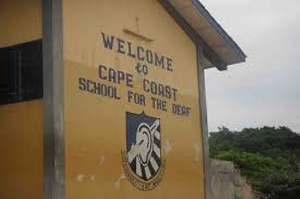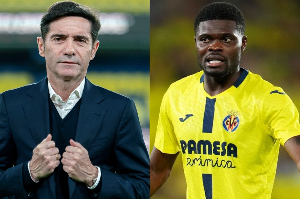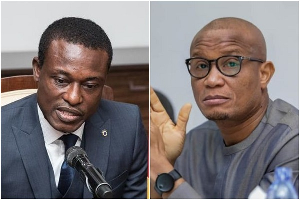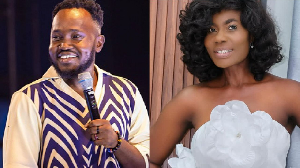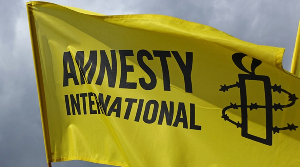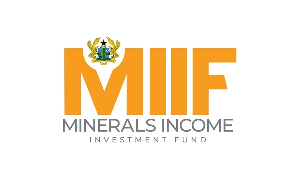Abraham Annang Yemoson, the Headmaster of Cape Coast School for the Deaf, has called for a deliberate policy to get interpreters for deaf students at the highest school level.
He said there was an exclusion in the educational system for deaf students, who aspire to go to the higher institutions of learning.
Mr Yemoson said the spoken language was the barrier for deaf people, and once they were unable to get someone to interpret or sign for them they would be deficient.
“So, when you take a deaf person to a regular school for inclusion you have to get a good interpreter and if you don’t get interpreter things will be difficult,” he said.
Mr Yemoson was speaking at the launch of the Most Def Foundation, a Ghanaian organization, which aspires to offer support to deaf teens and young adults to achieve their life goals.
Most Def aims at using education as a tool for change in the lives of Ghana’s deaf children. The Foundation will organise yearly summer camps and short courses that will be geared towards exposing the students to a range of skills and building on their faith, confidence, and self-esteem”
He said to resolve the challenges, the Ghana National Association of the Deaf had called for Sign Language to be considered a national language to get more deaf people to be a part of society.
Mr Yemoson said he was in full support of the Foundation and expressed the hope that its Summer School programme would help the deaf students become independent after school.
“For the schools for the deaf, we just go through the normal school education; the syllabus, the curriculum but the Most Def are going to do something that is outside the curriculum which will give the students more opportunity to choose where their interest is…so that because it is their own interest they will be better at it and will help them to gain employment and be independent as well,” he said.
Currently, Ghana has 14 schools for the deaf across the country; 13 basic schools and 1 secondary technical school.
He said few schools offered some form of vocational training such as dressmaking, hairdressing and leatherworks.
Franka-Maria Andoh, Founder of the Most Def Foundation, said the organisation would partner with a range of businesses to provide internship, mentorship and possible future employment opportunities for deaf students between the ages of 16 and 20 in Culinary Arts, Agriculture, visual arts, Photography, Fashion Design and Information technology.
“Our goal is to partner with corporations and organisations and to push hard for the inclusion of our deaf community in the workforce and the arts,” she added.
Regional News of Sunday, 15 November 2020
Source: GNA

